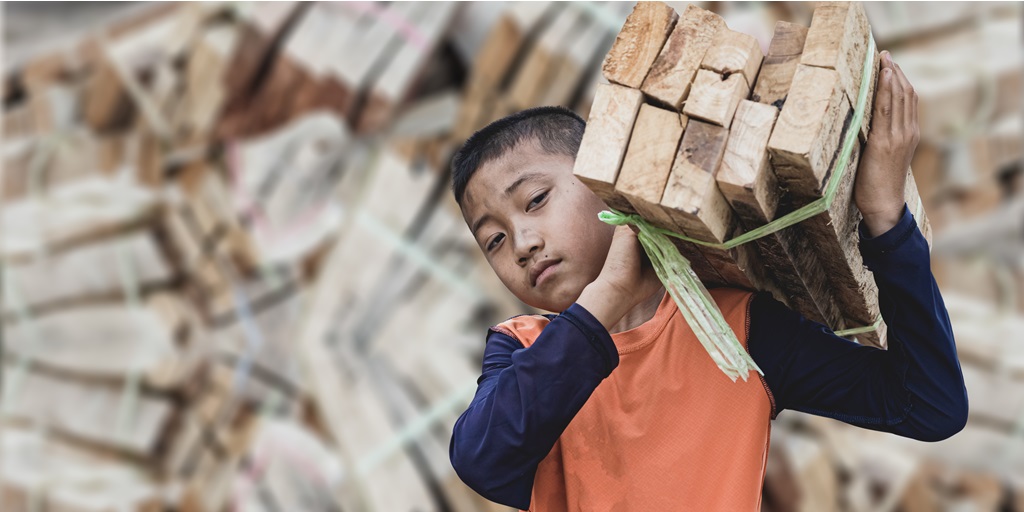The Department of Labor (DOL) recently issued its yearly Findings on the Worst Forms of Child Labor report, examining 131 countries’ efforts to abolish child labor in 2022 and the obstacles those efforts face. The report highlights, in part, the vulnerability of migrant children in the United States working for little pay in industries that are especially unsafe for children and notes an alarming 69% increase in unlawful work by children since 2018.
The International Labour Organization (ILO), a United Nations Agency, defines child labor as “work that deprives children of their childhood, their potential and their dignity, and that is harmful to physical and mental development.” The “worst forms of child labor” are those that harm children’s well-being and/or expose them to danger. This includes slavery, sexual exploitation, the use of children in armed combat, and exposure to dangerous machinery or toxic chemicals.
According to ILO standards, 15 should generally be a country’s minimum age for work. The standards allow for a lower minimum age in certain developing countries so long as it is not lower than the age children are legally required to attend school. According to the report, 85 countries do not have a minimum age for work that meets these international standards. Three countries had no minimum age for working at all.
Migrant children, particularly unaccompanied children, are especially vulnerable to child labor and human trafficking in the United States. The report noted a “significant increase in child labor in the United States.” Since 2018, there has been a 69% increase in unlawful work by children. Many of the children have been found working in industries that are unsafe for them, like the meatpacking and poultry industries, construction, and at major label food factories. The report also notes a concerning trend of states rolling back child labor laws, leaving children with fewer protections.
In February 2023, DOL announced the resolution of one of the largest child labor cases. Packers Sanitation Services, Inc., a large food sanitation services provider, paid $1.5 million in civil penalties after it was found to be employing over 100 children in unsafe jobs across eight states. The children worked with hazardous chemicals and cleaning dangerous equipment used for meat processing.
That same month, the New York Times examined the exploitation of unaccompanied immigrant children, many as young as 12 and 13, working grueling hours in industries across the country. Some of the children were working 12-hour days to pay off large debts owed for their journeys to the United States.
DOL and the Department of Health and Human Services, which oversees the release of unaccompanied immigrant children to sponsors, took several steps to increase protections for migrant children earlier this year. The changes include a DOL-led interagency task force to promote better information-sharing across agencies about issues related to children’s well-being, health, and education. The agencies also called on Congress to increase funding for enforcement and to increase penalties for companies found using child labor.
Just last month, DOL announced an investigation into Perdue and Tyson Foods after receiving reports of young migrant children working overnight shifts at the companies’ plants.
DOL and HHS are taking important steps to combat child labor and human trafficking in the United States, but this year’s report shows that federal agencies, together with NGOs, the media, and the public must remain vigilant and work to protect the most vulnerable from exploitative labor practices.
FILED UNDER: Children, Department of Labor


